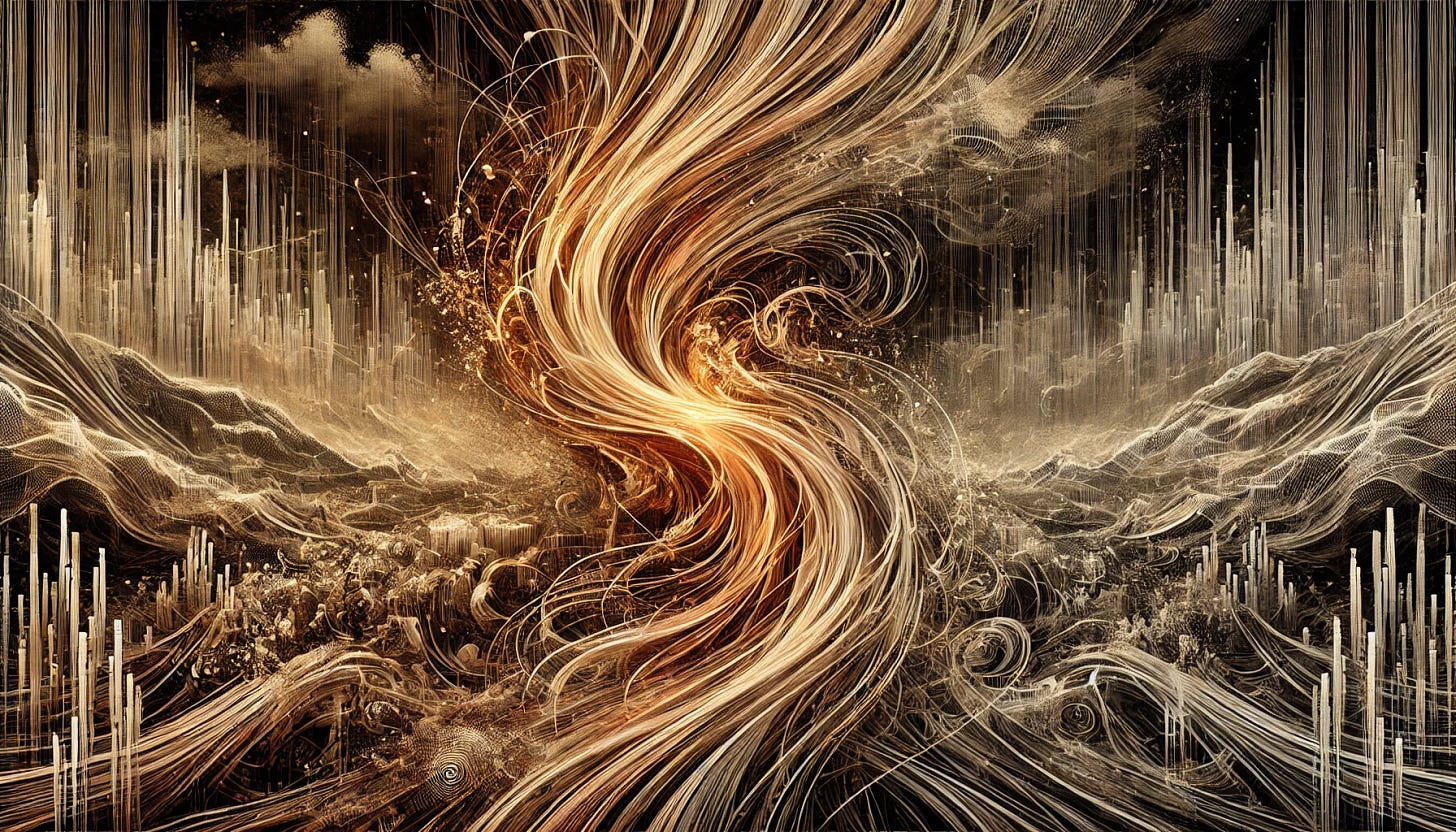What AI is - and what it is not
A Society in Transition
The public discourse on artificial intelligence today seems to vacillate between two poles: the hysteria of AI replacing us and the blind optimism of AI-as-savior. This binary thinking oversimplifies the more nuanced reality we actually live in. In truth, what AI introduces into society isn’t a displacement of human value, but another evolution in the long line of socio-technological shifts. Such shifts have happened many times before and have consistently reshaped roles, responsibilities, and capabilities rather than eliminated them.
AI is not about humans vs. machines. It's about interaction-pattern rewiring - changing the way we decide, act, and organize. Since the dawn of industrialization, society-changing technologies have followed a consistent pattern: they don’t replace people. Instead, they offload routine functions, shift skill requirements, and open new domains for human creativity and judgment. Consider these parallels
When Gutenberg's press proliferated in the 15th century, scribes feared obsolescence. While manual copying did diminish, new roles emerged - editors, typesetters, librarians, and publishers. The scribes didn’t vanish; they evolved. Knowledge became more accessible, and new intellectual domains flourished as barriers to learning lowered.
Once, accountants manually balanced books and filed entries. Now, software handles those routines. Yet accountants haven’t been replaced - they’ve transitioned into advisors, analysts, and strategists. Their role shifted from record-keeping to interpretation, risk evaluation, and policy design.
The advent of electricity didn’t eliminate jobs; it reshaped them. Factory workers remained essential but began operating machines rather than cranking them. Entire industries emerged - electronics, power systems, and new forms of manufacturing - all demanding new skills, judgment, and human coordination.
In each case, standard of living increased quantitatively. More people lived longer, safer, more productive lives. Technology amplified rather than erased human potential.
AI systems - especially large language models and machine learning platforms - are increasingly embedded in our lives. But again, the story isn't replacement. It’s role migration.
In healthcare, AI triage tools don’t replace doctors; they elevate their focus to nuanced diagnosis and compassionate care. In creative industries, generative models don’t eliminate artists - they shift emphasis to curation, reinterpretation, and conceptual design. In security, while automated surveillance may filter anomalies, the final judgment and ethical oversight still rest with human operators.
In areas where social degradation appears tied to technology, the blame rarely lies with the technology itself. It lies with how it has been used, controlled, and integrated. Social problems caused by AI reflect poor governance and misplaced human decisions, not the tools' intrinsic nature.
As we build and deploy AI tools, the responsibility lies in ensuring systems promote a positive rewiring of human interaction. That means
Amplifying uniquely human capacities: empathy, ethics, and creative synthesis.
Preserving essential human judgments, especially where error has irreversible consequences.
Redistributing roles transparently and inclusively, avoiding consolidation of power and decision-making.
AI systems must not simply optimize for speed or scale alone but should be built with an understanding of how they reshape social interaction patterns.
Rather than blindly accepting hype cycles and click bait headlines that push for oversimplified emotional reactions, eluding to binary savior or replacement outcomes, we should be having intelligent social conversations about
What human skills will be elevated and what will be deemphasized given emerging AI workflows? How will the roles within fields transition with these new tools?
How should accountability be redefined to reflect this new topology of action and decision? Where does accountability and responsibility live as systems are trusted with more complex and autonomous actions?
What ethical design principles should guide automation in sensitive domains? When are automated decisions counterproductive to social stability?
We must move forward with clear-eyed understanding: AI is not the end of human value in society. It is a continuation of the societal evolution we've always known.
A fear of change often masquerades as a fear of replacement. But history tells us another story - one where technology doesn't replace people, but reshapes their roles for expanded potential. AI is no different. The choices we make - ethical, organizational, and legislative - will determine whether AI acts as a force multiplier for human flourishing or a wedge of inequality. Let’s build systems, and have conversations socially, that rewire us toward being better and increasing our overall quality of life, not propagating replacement theory fears - or the idea that technology will save us from ourselves.


